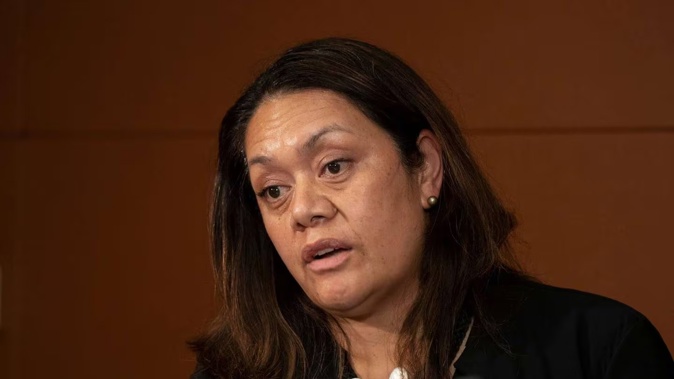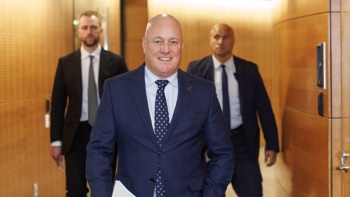
Health New Zealand - Te Whatu Ora is now 18 months old. Its leaders fronted up in Parliament today to highlight its challenges - and some of its successes.
More than 500 staff have now been made redundant at Health New Zealand - Te Whatu Ora as part of major reforms of the healthcare sector.
The reforms, which began in 2022, led to the merger of 20 district health boards and included reducing the duplication of “back-office” roles.
Health NZ chief executive Margie Apa told the Health Committee at Parliament this morning that a directive was issued “on day one” to freeze recruitment on non-frontline roles.
Since then, 2300 roles had been disestablished. Some staff had been redeployed but 500 people had so far been made redundant and were paid out a total of more than $9 million.
In all, up to 1600 staff are expected to be made redundant during the implementation of the reforms.
The “consolidation” process had led to savings of about $139m in the first year of Health NZ’s operation, Apa said.
Executives admitted that the organisation’s first year had been difficult, especially because it took place as New Zealand was emerging from the Covid-19 pandemic.
Chairwoman Dame Karen Poutasi said Health NZ was “making good progress” while adding that “the challenges are significant”.
The New Zealand population was growing and ageing and healthcare staff were tired after the pressure of handling the pandemic, she said.
Some of the benefits of a centralised health system were now starting to be seen, Apa said, pointing to the national-level response to infectious disease outbreaks and the marshalling of resources to areas with critical shortages of staff.
Progress was also being made on ending the “postcode lottery” in which care varies depending on where you live. Consistent thresholds had been developed for cardiac, renal and trauma care, meaning that thousands more patients were becoming eligible for treatment.
Chief clinical officer Dr Richard Sullivan said emergency department waiting times were still a work in progress, but there had been some success in reducing surgical wait-times.
There were 1200 more orthopaedic operations in the past six months compared to the previous year.
And the number of patients waiting more than a year for routine surgeries had fallen from 12,000 to 600. Hospital services were given a directive in 2022 to reduce this figure to zero by the end of last year. Sullivan said it was now likely to be achieved in March.
The Herald last year reported on the lengths hospitals were going to in order to meet this target, including many running surgical lists on weekends.
Health Minister Dr Shane Reti has said his top priority in his new role is fixing workforce shortages.
Health NZ executives said more nurses were being brought in through international recruitment, and additional funding had led to 230 more GP trainees in the last calendar year, compared to fewer than 100 the previous year.
There were still “significant gaps” in the workforce, Sullivan said, with a deficit of about 1000 doctors and 3000 to 4000 nurses.
Isaac Davison is an Auckland-based reporter who covers health issues. He joined the Herald in 2008 and has previously covered the environment, politics, and social issues.
Take your Radio, Podcasts and Music with you









